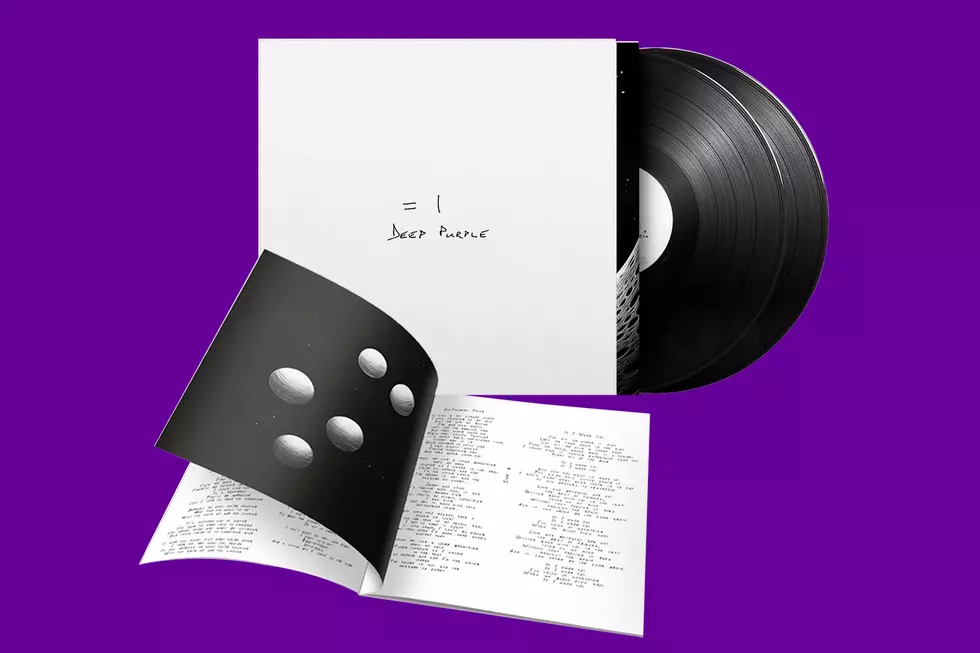10 Years Ago: Deep Purple Find Their Creative Footing Again with ‘Rapture of the Deep’
Rapture of the Deep may have been an obvious pun on Deep Purple’s name – and a less obvious reference to the scuba-diving term for nitrogen narcosis – but there was nothing remotely dazed and confused about their 18th studio album.
This latest show of focused resistance against the dying of the light was Deep Purple's second LP without the retired Jon Lord, who’d been replaced by Don Airey (Rainbow, Ozzy Osbourne, etc.). Rapture of the Deep, perhaps more significantly, also marked over a decade of life beyond the departure of lynchpin Ritchie Blackmore.
For his very able replacement, Steve Morse, the unequivocal acceptance of Purple’s fan base was no longer a point of concern but a foregone conclusion – and that sense of belonging obviously manifested itself in the confident songs crafted here by Morse with Airey, Ian Gillan, Roger Glover and Ian Paice.
Songs that included worthy additions to Deep Purple’s catalog like “Money Talks,” which was somber of sound and cynical of message, but still comically broadcast by Ian Gillan’s lyrics; the haunted love song “Clearly Quite Absurd,” which epitomized the new dimensions brought by Steve Morse; and the surprisingly urgent, intense “Kiss Tomorrow Goodbye,” which proved these old dragons could still breathe fire, if it pleased them to.
Other songs, including “Girls Like That” and “Don’t Let Go” (reminiscent of the House of Blue Light period) boasted hooky choruses worthy of single consideration without losing their Purplish identity. The intricate title track and “Junkyard Blues” put a premium on the band’s formidable instrumental prowess, which remained undimmed by all the years already behind them.
Most importantly, Deep Purple’s mostly impressive track listing on Rapture of the Deep showed a distinct improvement over 2003’s rag-tag Bananas, which had cost the group their longstanding major label deal with EMI. This led them to embark on new relationships with independents Edel (for Europe) and Eagle (in America).
The album experienced very modest first week sales in the U.K. and U.S. (merely 3,500 and 2,500 units, respectively), but it was a Top 20 success in half-a-dozen countries across Deep purple’s stronghold of continental Europe. That underscored Deep Purple’s enduring relevance as both successful global touring concern and incomparable influence upon younger generations of classic-rock fans.
Deep Purple Albums Ranked Worst to Best
The 10 Worst Rock and Roll Hall of Fame Snubs
More From Ultimate Classic Rock









